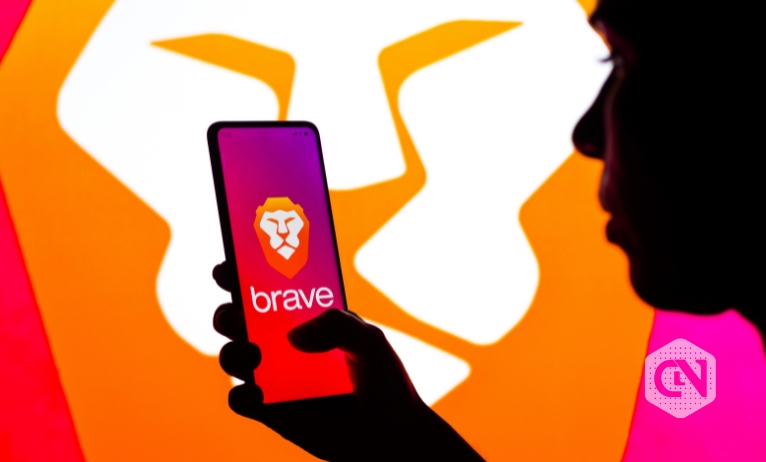Your guide to Bitcoin, Ethereum and Web 3.0

Dungeons & Dragons (D&D) publisher Wizards of the Coast capitulated to fans and content creators on Friday, announcing it will not move forward with proposed changes to a game license that would have cracked down on spin-off NFT projects in the process.
Earlier this month, the Hasbro-owned company provoked widespread outrage from the tabletop gaming community after it changed a legal framework that has allowed people to produce content compatible with D&D for over 20 years. That included things like D&D-inspired live shows and podcasts, as well as graphic novels and other media.
Wizards of the Coast already rolled back certain changes to its Open Game License (OGL) earlier this month, such as imposed royalties on content creators. However, an updated proposal made it clear that D&D content such as game mechanics would be prohibited from being used with third-party NFTs.
The firm had also singled out Web3 developers as a major factor in wanting to change its longstanding agreement with fans and creators. “We wanted to address those trying to use D&D in Web3, blockchain games, and NFTs,” Wizards of the Coast had written in a blog posts weeks ago.
Now, the company is abandoning plans to completely update its Open Game License, and it will place D&D content included via the System Reference Document under a Creative Commons license that is “open and irrevocable.”
Wizards of the Coast announced its turnaround on Friday after seeing the initial results of a poll related to the proposed changes, in which members of the D&D community overwhelmingly voted against the pending license update. About 86% of respondents were “unsatisfied with the draft [virtual tabletop] policy,” which included language prohibiting derivative NFTs from third-party creators.
“We wanted to limit OGL to [tabletop role-playing games]”, Wizards of the Coast wrote in one blog posts. “With this new approach, we’re putting that aside and trusting your choices to define the future of gaming.”
Web3 wins
The impending ban on NFTs had prompted the Web3 gaming company Gripnr turn away from tapping the Open Game License for its upcoming project The Glimmering, a blockchain-based board game designed to leverage the Ethereum sidechain Polygon. Currently, the company is calculating its next move.
“Given how much of a rollercoaster ride this unnecessary upheaval has been, it’s not something we’re willing to rush to take a long, measured look and find the best option,” said Gripnr lead developer Stephen Radney-MacFarland Decrypt by e-mail. “We are currently looking at various options and consulting with the council to find the best way forward.”
It’s possible Gripnr could go back to using the Open Game License, Radney-MacFarland explained, or use D&D content that will be included in the new Creative Commons document. He also said Gripnr is looking at licensing games under development by other companies such as Paizo – publisher of D&D competitor Pathfinder – or may even create its own.
Wizards of the Coast’s latest statement does not mention NFTs explicitly, but it notes that the newly open approach “means there is no need for a [virtual tabletop] Policy.” The company did not immediately respond Decrypttheir requests for comments and clarification.
Although the backlash was largely driven by issues other than NFTs, Web3 creators have seemingly emerged unscathed from the licensing drama that took the gaming community by storm.
























